Boston Timeline
1600s
Populations
New England
Massachusetts
Boston
1614
Captain John Smith sails the coast from present-day Maine down to the Massachusetts Bay and makes contact with the local inhabitants.
1616
John Smith releases a map (backdated to his travels 2 years prior for land claim purposes). He labels the area he explored "New England," and names the southernmost river after Prince Charles.

1617
A disease brought by European explorers - likely smallpox, yellow fever, or plague - breaks out among the Natives. It will kill nearly 75% of them over the next year.
1620
November 9: The Mayflower spots Cape Cod. She will spend several weeks anchored off present-day Provincetown Harbor as the colonists search for a good settlement location.
December 21: The Mayflower lands at Plymouth. Only half of the passengers and crew survive the winter due to a combination of disease and cold.

1623
William Blaxton lands with a group of Puritan colonists led by Robert Gorges near Weymouth.
1625
After the other members of the Gorges expedition returned to England, William Blaxton moves north, to a peninsula the natives call Shawmut. He would live in near-complete isolation for 5 years, although he did interact with the Natives occasionally.

1630
More than 700 Puritans arrive, led by John Winthrop They initially settle north of the Charles River, but there is no good water. Blaxton invites them to move to the Shawmut Peninsula with him. John Withrop accepts, saying "We shall build a city upon a hill." They first name the settlement Trimountaine ("Three Mountains") before renaming it to Boston, after their English hometown.
First Church in Boston established.
First graveyard in Boston, King's Chapel Burying Ground, established.
1631
Boston establishes the Boston Watch, the first quasi-law enforcement in America.
1632
Boston is chosen as the capital of the English Massachusetts Bay Colony.
1634
Boston Common, America’s first public park, is established.
Samuel Cole opens the first tavern in America, Cole's Inn.
1635
Boston Latin School, the first public school in America, is founded.
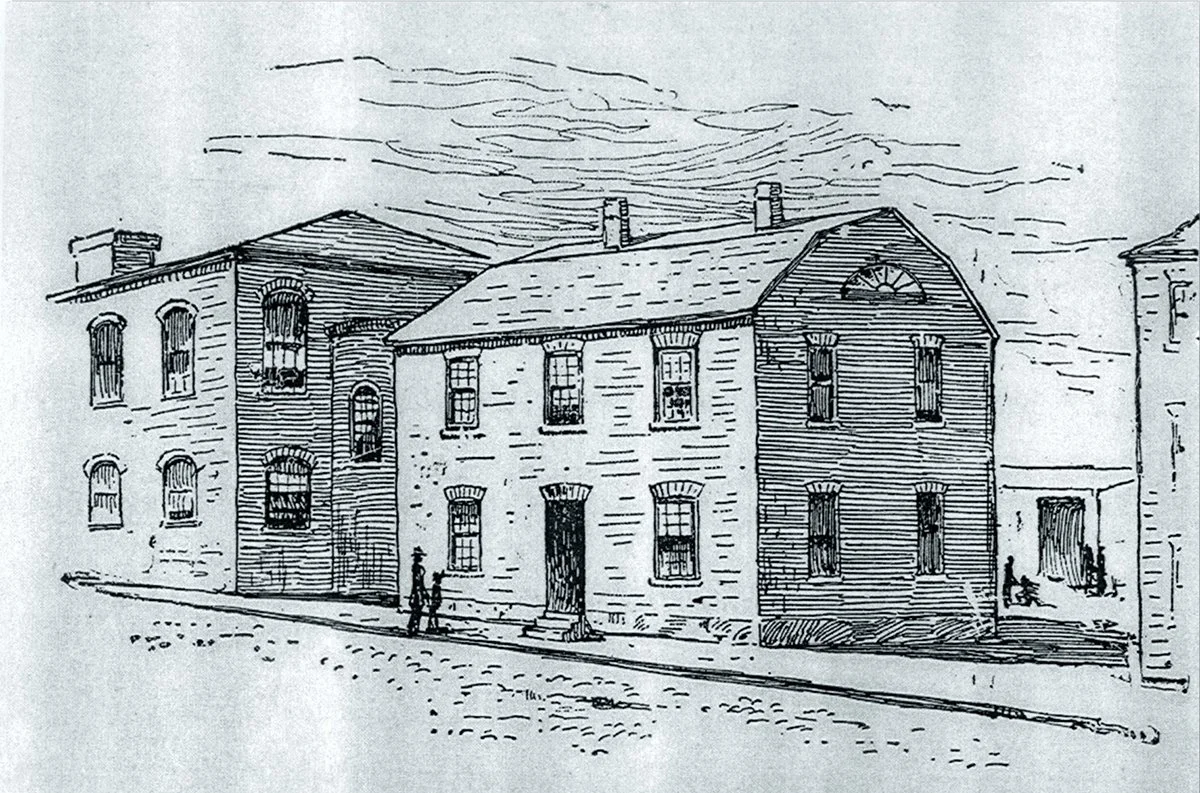
1636
Harvard University, the first tertiary school in America, is founded by a vote of the Massachusetts Bay Colony.
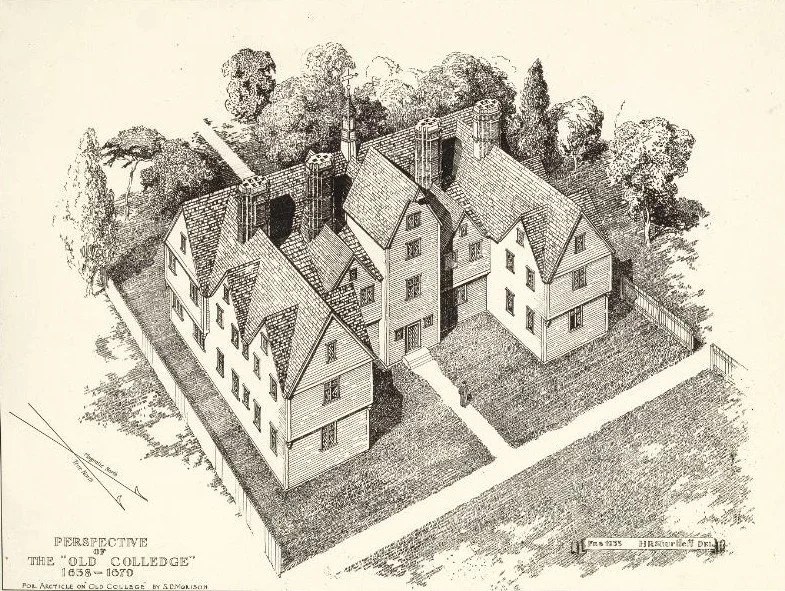
1652
First coins minted in British America. The mint is located in current-day Downtown Crossing, where today stands a Macy's.
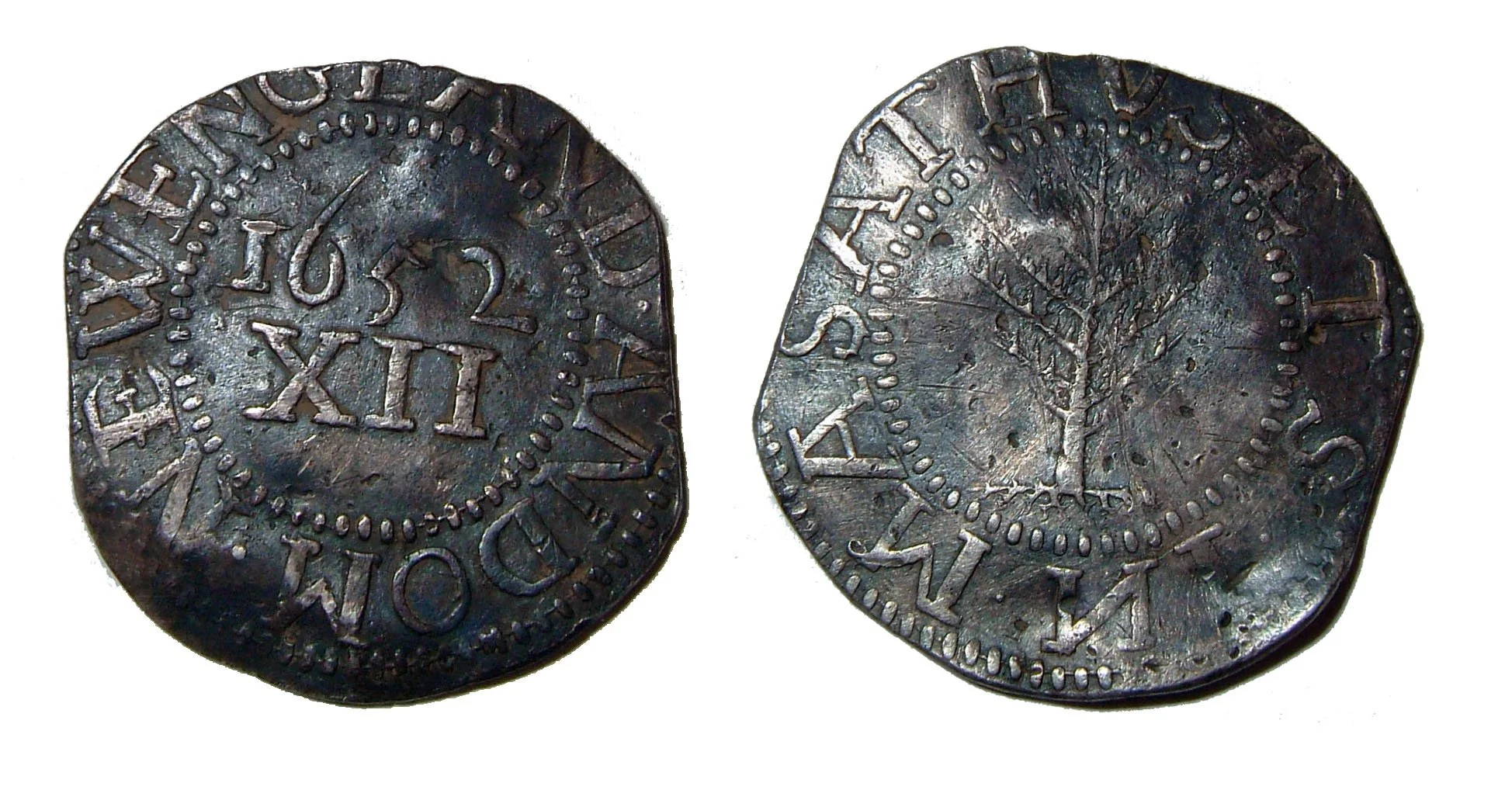
1660
Copp's Hill Burying Ground and Granary Burying Ground established.
Mary Dyer hanged as a Quaker on Boston’s Great Elm.

1678
Boston establishes the first paid fire department in America and imports the first fire engine from London.
1679
Great Fire of 1679 burns more than 150 warehouses and more than 50 houses and ships.
1680
Paul Revere House, the oldest house in downtown Boston, is built (approximate date).
1688
King's Chapel built.
1700s
Populations
New England
Massachusetts
Boston
1705
Benjamin Franklin born on Milk Street.
1721
Smallpox Outbreak.
1723
Old North Church built on Salem Street in the North End. This is where colonists will signal Paul Revere from in 53 years.

1735
Trinity Church built on Summer Street.
1737
First city-wide St. Patrick's Day celebration.
1742
Faneuil Hall built.

1747
Impressment triggers Knowles Riot.
1765
Protest against Stamp Act.
1768
June: Protest against customs officials.
July: The Liberty Song published.
October: British troops begin to arrive to quell rising protests.
1770
March 5: Boston Massacre. With American-British tensions running high, a private spat escalates, resulting in British soldiers firing into a civilian crowd in a public location. 5 people die. American Revolutionaries disseminate an engraving by Paul Revere of the massacre, further stoking anti-British sentiment.
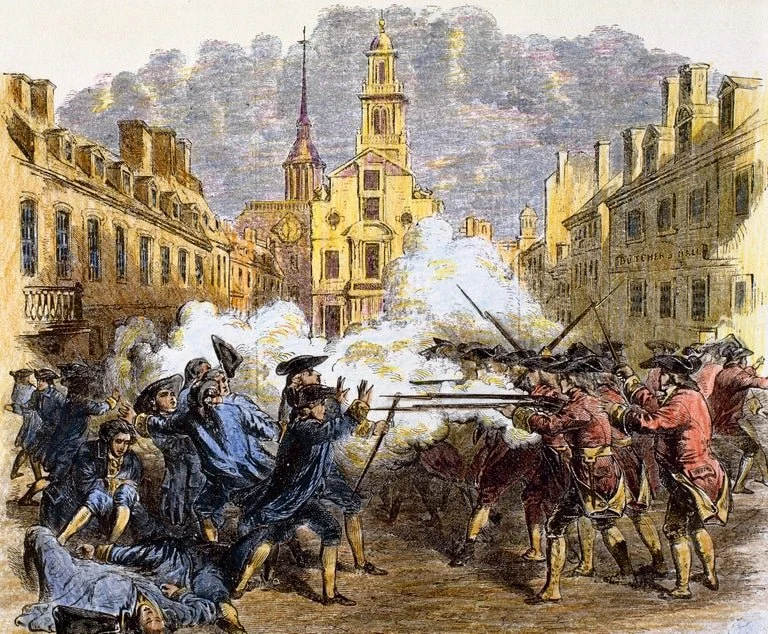
1772
April 14: Pine Tree Riot
1773
December 16: Boston Tea Party
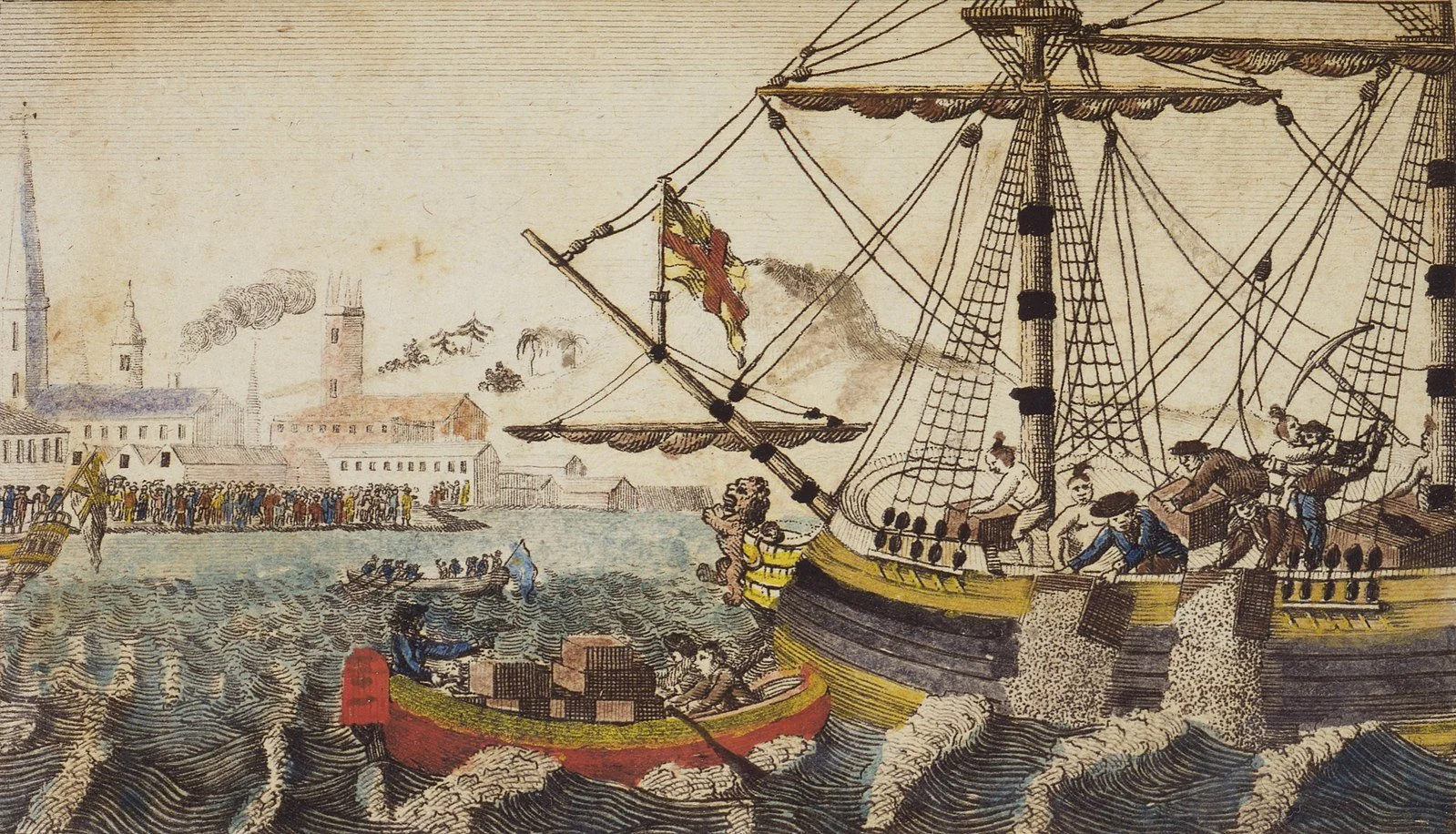
1775
April 18: Paul Revere sets off on his famous ride to Lexington & Concord shortly before midnight.
April 19: After the skirmishes at Lexington and Concord in the morning, the British troops return to Boston. Revolutionaries set in for the Siege of Boston, attempting to force the British out of the city.
June 17: Battle of Bunker Hill takes place near town.

1776
March 17: After cannons arrive from Fort Ticonderoga in NY, George Washington orders them set up on Dorchester Heights. The British find their position indefensible at this point, and abandon the city. The Siege of Boston ends.
July 18: Declaration of Independence is read to the people from the same balcony the King's Governor used to read proclamations from.
1780
The Massachusetts Constitution is adopted. It remains the oldest active constitution in the world today.
1781
A series of court decisions determine that the State Constitution does not allow slavery, effectively banning the practice in the state.
1788
The US Constitution, which was modeled upon the MA Constitution, is ratified.
1797
October 21: USS Constitution launched, and still sails today!

1798
Massachusetts State House built on Beacon Hill.

1800s
Populations
New England
Massachusetts
Boston
1806
African Meeting House and Old West Church built.
1807
Boston Athenæum founded.
1811
Massachusetts General Hospital established.
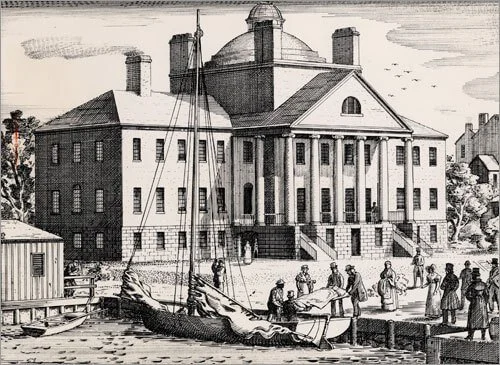
1822
Boston incorporated as a city.
1826
Quincy Market built.

1831
New England Anti-Slavery Society established.
1832
Publishing company Ticknor & Fields moves into the Old Corner Bookstore in Downtown Crossing, kicking off a mini-renaissance for literature in the Boston area. The location will become both a meeting place and/or publishing house for for many famous authors, including Ralph Waldo Emerson, Nathaniel Hawthorne, Oliver Wendell Holmes, Henry Wadsworth Longfellow, Harriet Beecher Stowe, Henry David Thoreau, and Mark Twain. They would even go on to run the First American Edition for most of Charles Dickens' novels as well.

1836
East Boston annexed to Boston.
1838
Boston establishes America's first full-time police force.
1840
Friends of Ireland society founded.
1846
October 16: first public demonstration of ether as an anesthetic at the MGH Ether Dome.
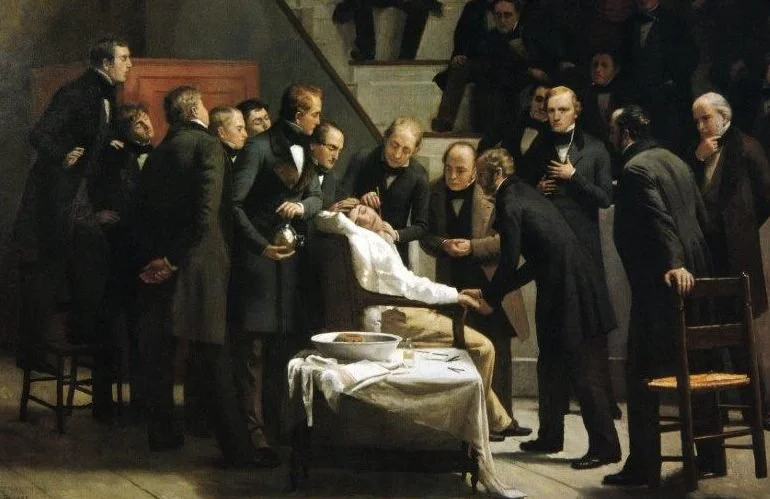
1852
Boston Public Library established.
April 28: First public fire alarm system in the world is installed in the North End.
April 29: Public fire alarm system used for the first time when citizen JH Goodale notices a small house fire. Actual box used pictured below.

1857
November 1: First issue of Atlantic Monthly (now The Atlantic) published.

1860
Boston Public Garden opens.
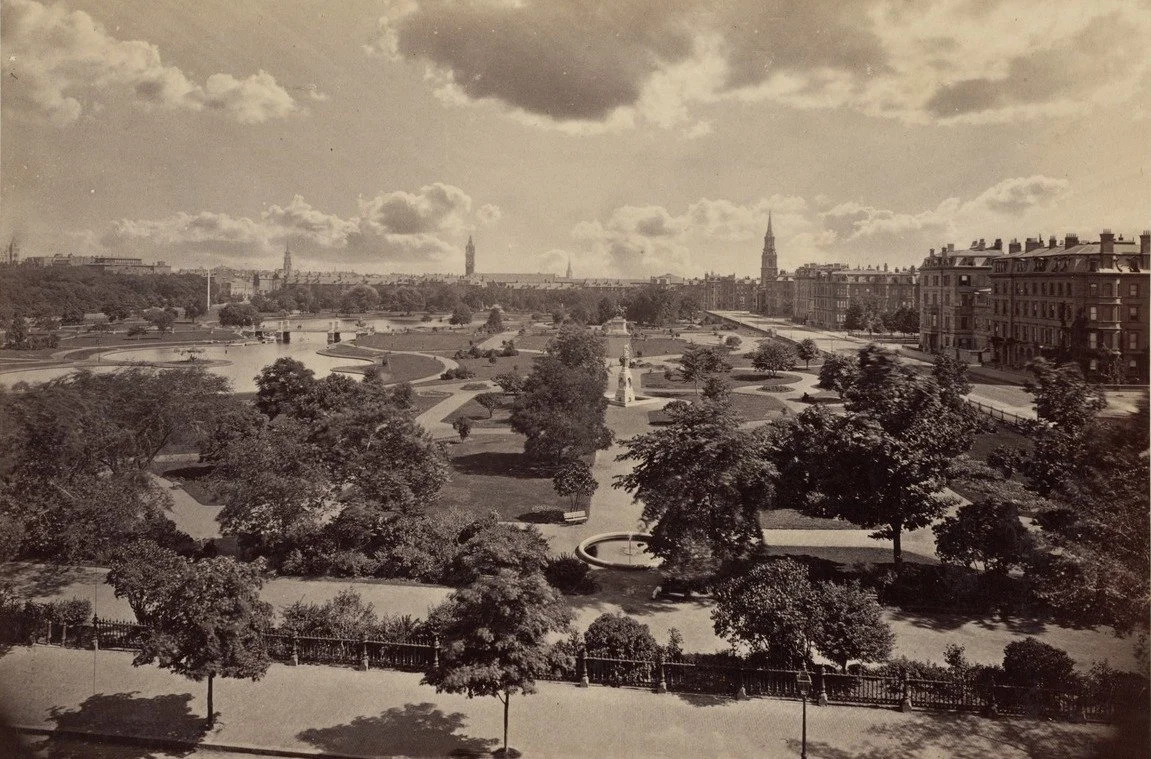
1861
April 12: The American Civil War begins. Massachusetts will go on to send nearly 2/3 of its able-bodied male population to fight for the Union.
1862
Oneida Football Club is founded.
1863
The Massachusetts 54th Infantry Regiment is formed, the second African-American Regiment in the country (albeit led by white officers).
1865
May 26: American Civil War ends.
Boston City Hall and Horticultural Hall built.
Massachusetts Institute of Technology opens.
1868
Roxbury is annexed to Boston.
1870
Dorchester is annexed to Boston.
1872
November 9: Great Boston Fire of 1872 destroys 776 buildings, kills 30, and causes $73.5M in damages ($1.5B in 2023).

1874
Allston, Brighton, Charlestown, Jamaica Plain and West Roxbury annexed to Boston.
1876
February 15: Great Elm felled by storm, Boston Common.
July 4: Museum of Fine Arts opens on Art Square (now Copley Square).
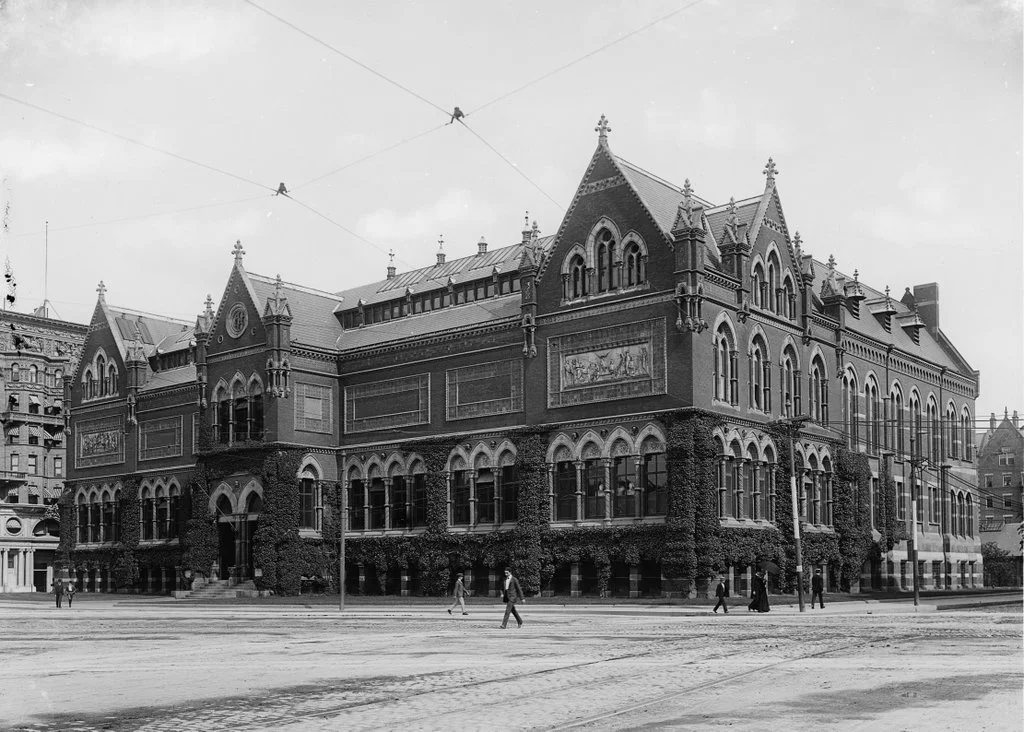
1877
April: A telephone line connects Boston and Somerville, Massachusetts.
Trinity Church built.
1894
The first North Union Station (now North Station) opens.

1895
Boston Public Library moves to the ornate McKim Building. The location has expanded but the McKim Building remains today as part of the flagship Central Branch.
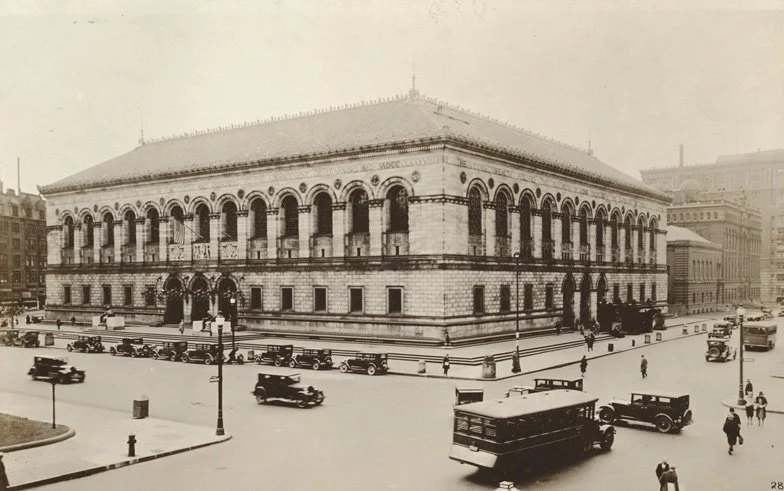
1897
April 19: First annual Boston Marathon.
September 3: First subway in America opens with the Park Street station.

1900s
Populations
New England
Massachusetts
Boston
1900
Symphony Hall and Colonial Theater open.
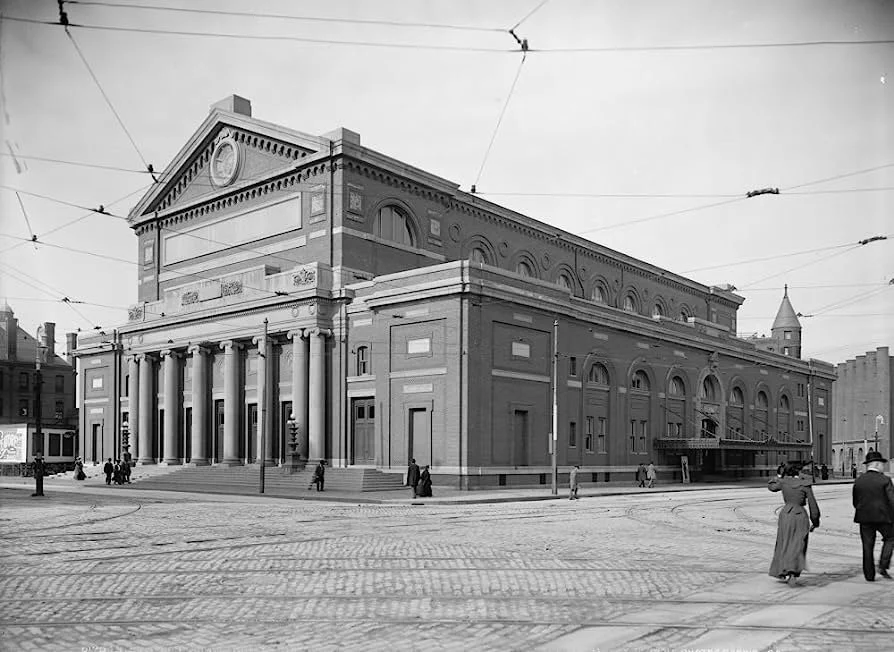
1901
Commonwealth Pier opens in South Boston. It is the largest pier building in the world at its opening.
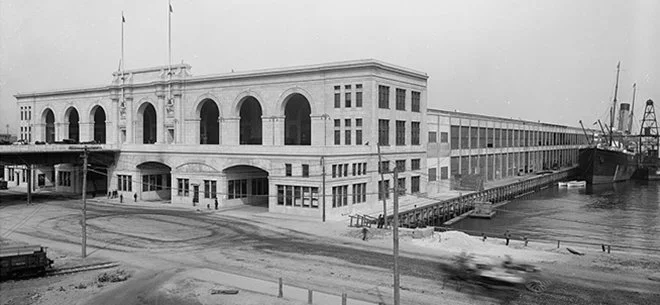
1903
Boston Americans win the inagural World Series over the Pittsburgh Pirates, 5-3. The clinching game is at the Huntington Grounds. Today, the Americans have been renamed the Red Sox and the Grounds have been demolished. Northeastern University's campus stands in their place, but a statue commemorating the location is still there.
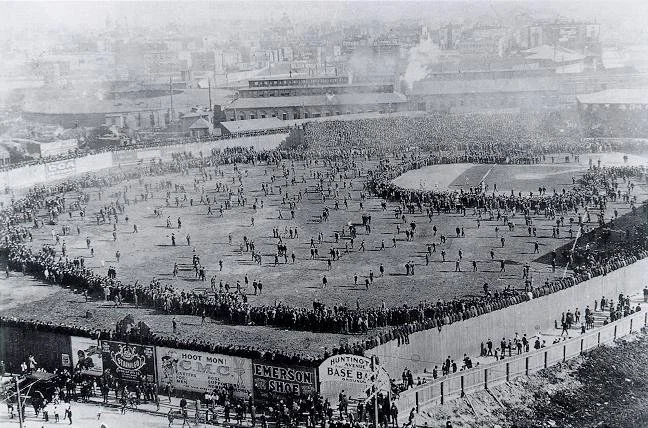
1906
Longfellow Bridge completed.
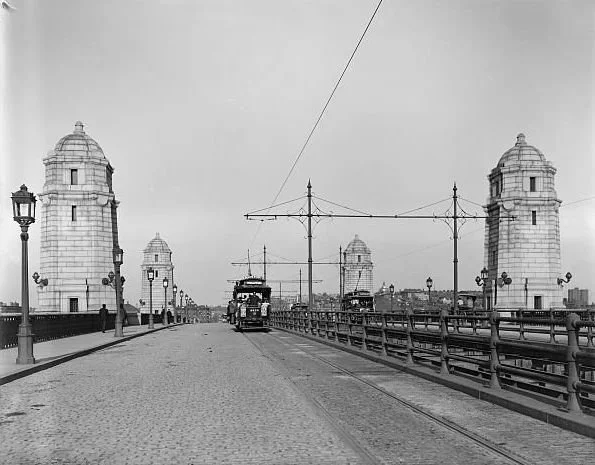
1909
Original Boston Opera House (since demolished) opens on Huntington Avenue.
Museum of Fine Arts relocates to Huntington Avenue.
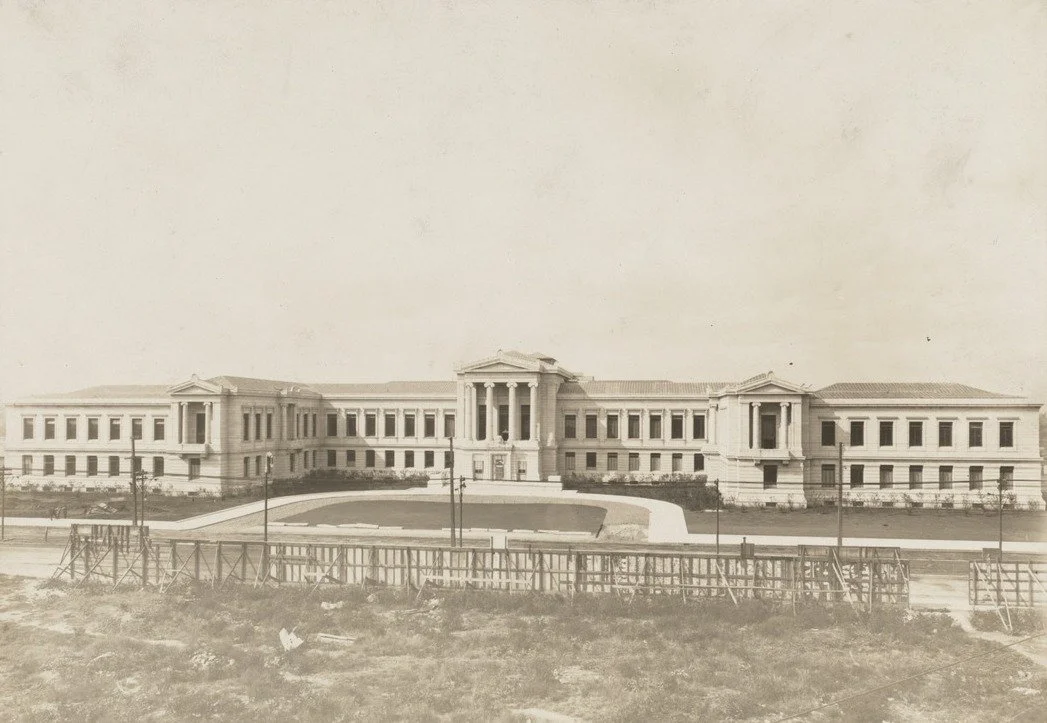
1910
Boston Arena (now Matthews Arena, owned by Northeastern University) opens. Today it is the world's oldest operational indoor sports facility.

1912
Hyde Park annexed to Boston.
Fenway Park opens.

1914
JM Curley elected mayor for the 1st time.
Boston branch of Federal Reserve established.
1919
January 15: The Great Molasses Flood erupts through the North End, killing 21 and wounding 150.
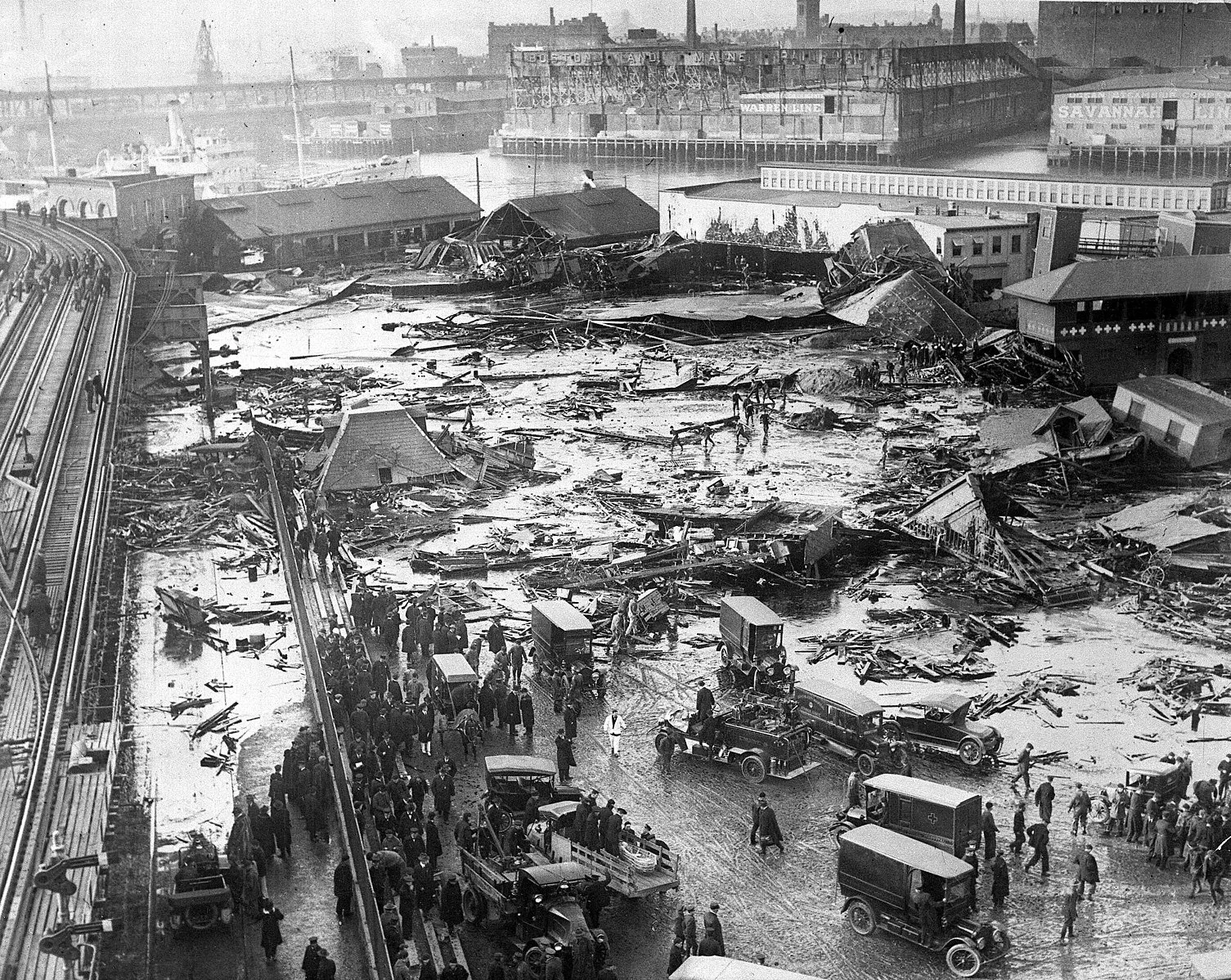
1920
January 5: the Red Sox announce the sale of Babe Ruth to the Yankees, beginning "The Curse of the Bambino." The Red Sox would not win another World Series this century.
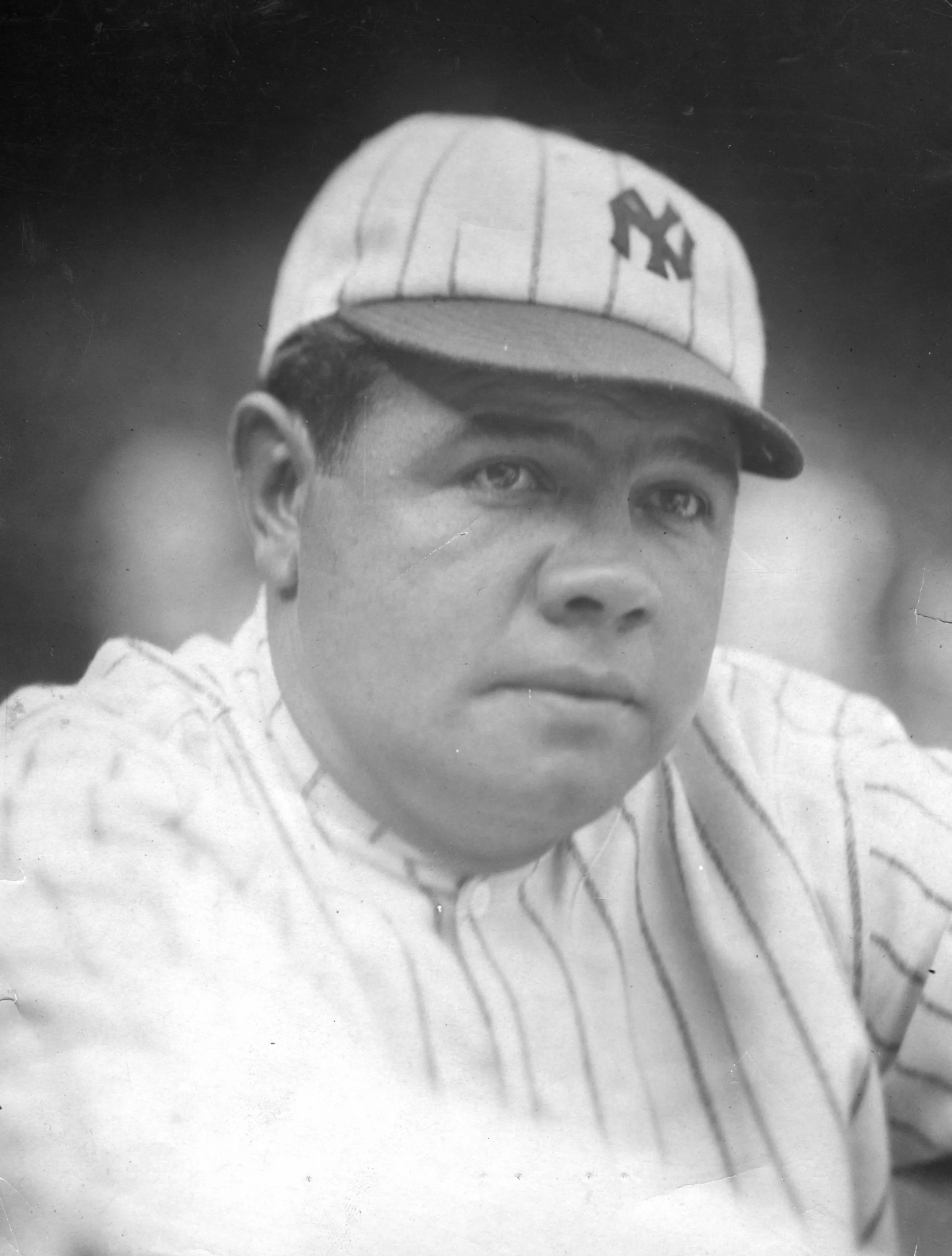
1922
JM Curley elected mayor for the 2nd time.
1928
Boston Garden (NBA/NHL Arena) opens above North Station.
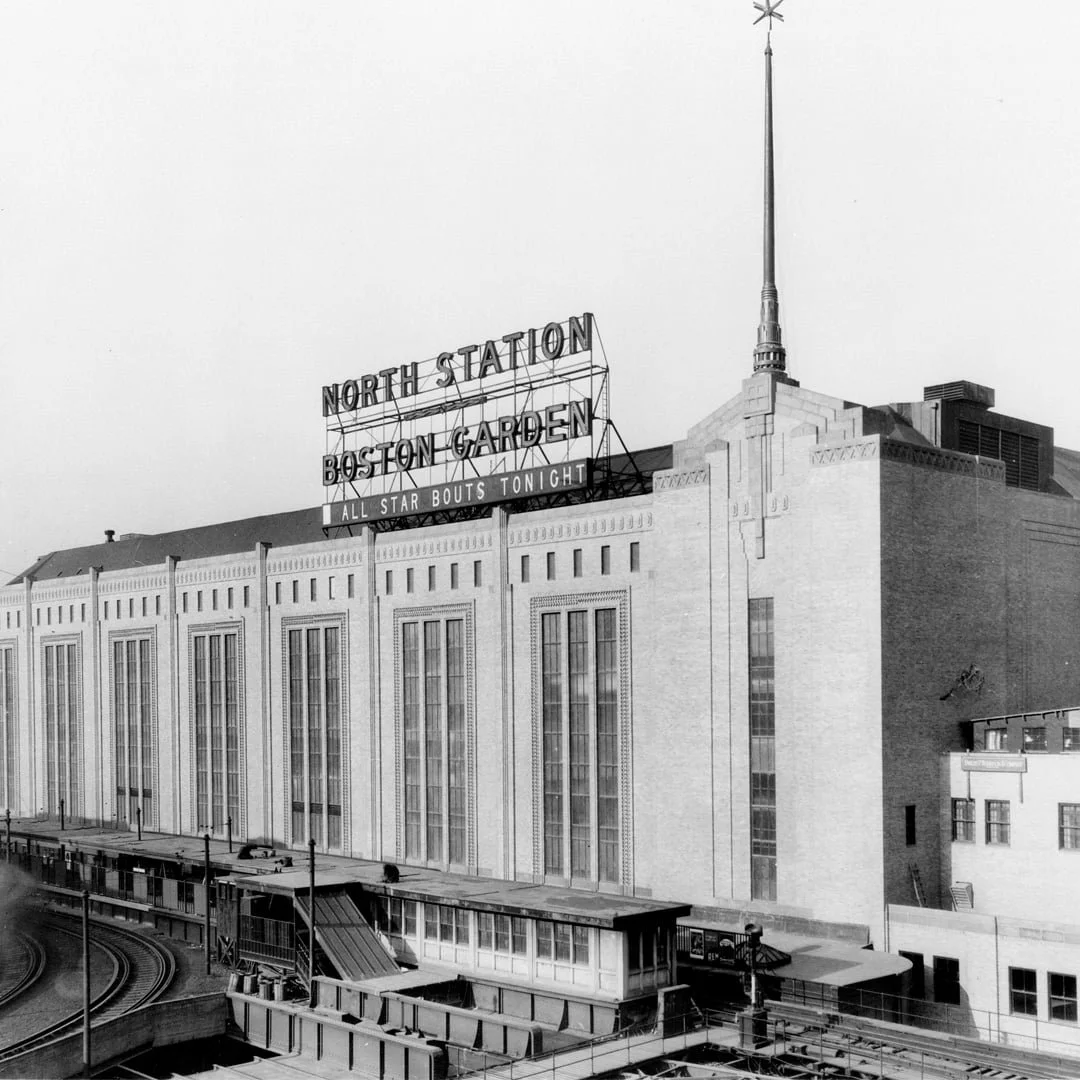
1929
Caffe Vittoria opens.
Boston Bruins win their first Stanley Cup
1930
JM Curley elected mayor for the 3rd time.
1934
Sumner Tunnel opens.

1946
Fidelity Investments founded in Boston.
JM Curley elected mayor for the 4th time
1947
JM Curley imprisoned, John Hynes takes over as acting mayor.
John F Kennedy elected to Congress, representing MA-11.
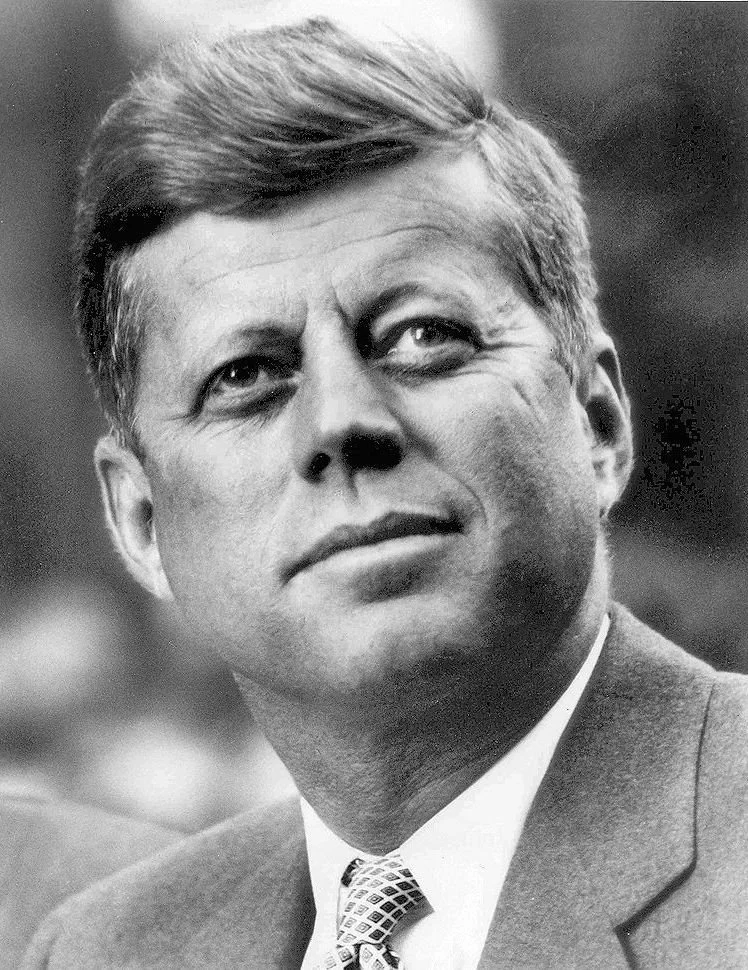
1951
Storrow Drive and Museum of Science open.
1955
Martin Luther King Jr earns PhD from Boston University.
1957
Boston Celtics win their first Championship. They will go on to win 10 of the next 12 NBA Finals as well.

1958
Freedom Trail created.
JM Curley dies.
Massachusetts Institute of Technology opens.
1960
Demolition & Razing of the West End completed.
1962
June 14: First victim of the Boston Strangler found. 12 more women will fall victim over the next 18 months.
1964
Massachusetts Bay Transportation Authority (MBTA) established
Prudential Tower completed.
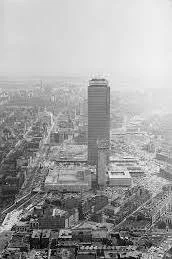
1969
New England Aquarium opens.
New City Hall opens.

1970
Aerosmith forms in the Allston neighborhood.

1975
Boston Consulting Group founded.
1978
Newbury Comics opens for business.
1982
First episode of Cheers airs.

1984
Bain Capital founded.
1986
The Pixies are formed in Boston.
1990
March 18: Isabella Stuart Gardner Museum heist. 13 works, valued at a collective $500 Million, stolen by two men disguised as police offers. The case remains unsolved.
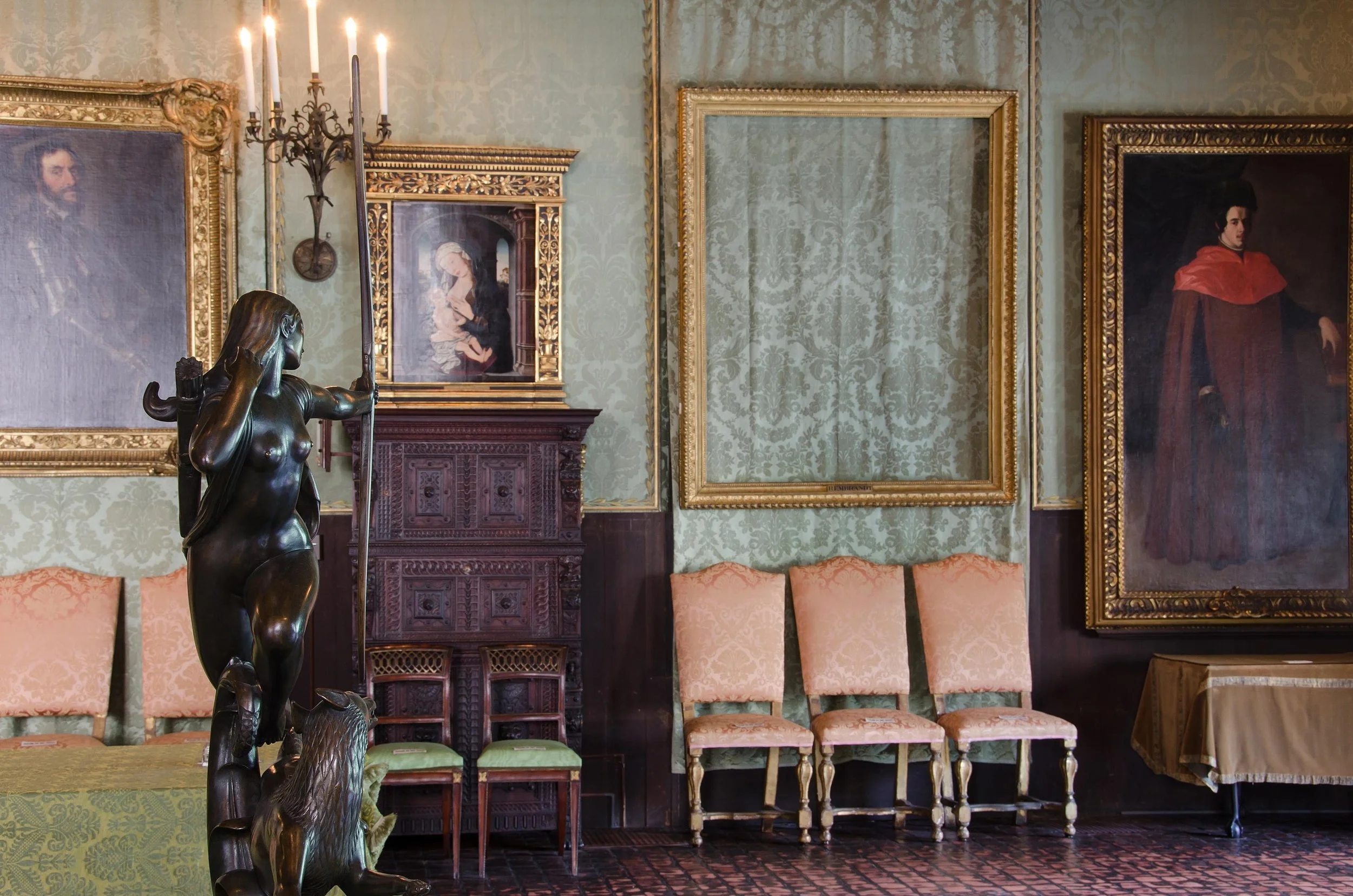
1991
Big Dig construction begins.
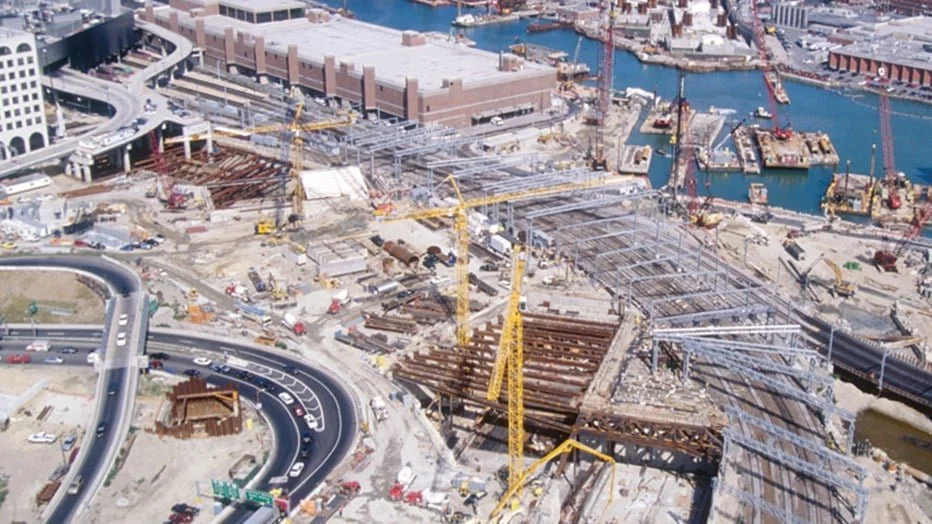
1993
Thomas Menino becomes Acting Mayor in July before winning the position outright in November. He will go on to serve 21 years, still the longest-serving mayor in Boston history.
1994
Infamous mob boss Whitey Bulger goes on the lam from the FBI and will remain at large for 16 years.
1996
Dropkick Murphys form in the suburb Quincy.
2000s
Populations
New England
Massachusetts
Boston
2001
World's smallest Trader Joe's opens on Boylston St.

2003
Zakim Bridge opens.
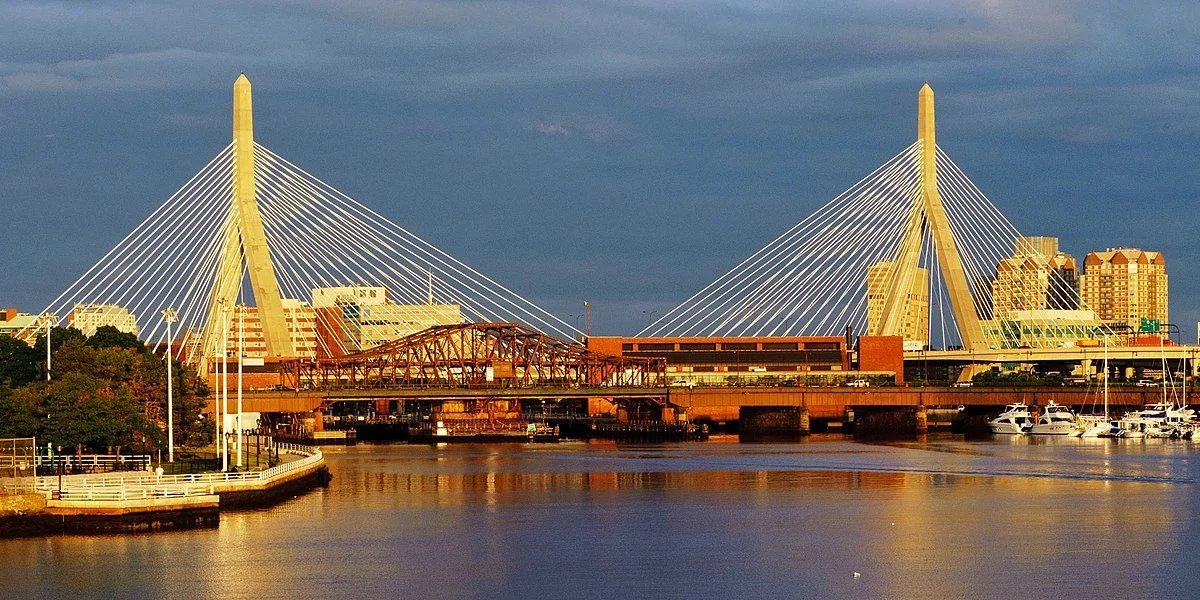
2004
Boston Red Sox break the "Curse of the Bambino" and win their first World Series since 1918.
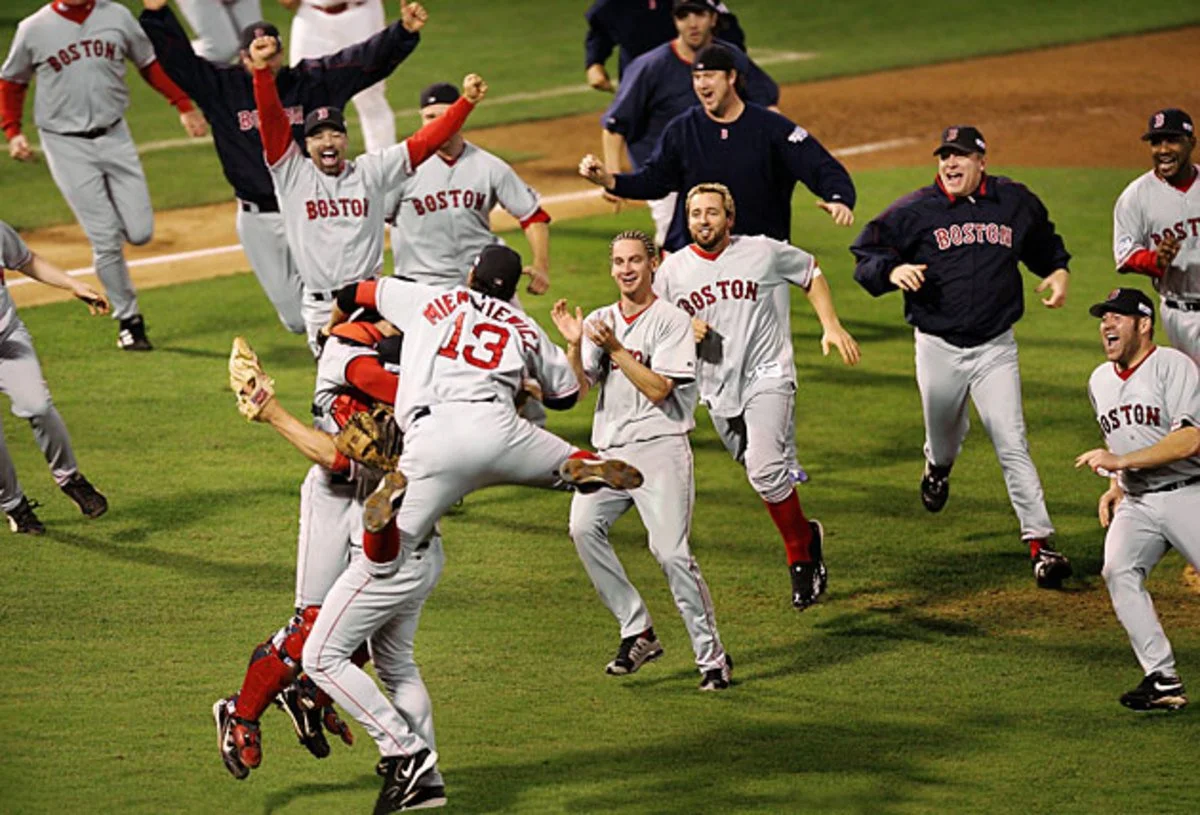
2007
Big Dig completed, 9 years late and nearly 200% over budget.
2011
Boston's bike share launches under the name Hubway (now BlueBikes).
2012
Former Governor Mitt Romney locates his Presidential Campaign HQ in Boston.
2013
April 15: Boston Marathon Bombing kills 3 and injuries more than 280.
June: Trial of Whitey Bulger begins.
2015
"Snowmaggedon" arrives, with Boston receiving a record 110.6 inches over the winter.

2019
Dudley Square renamed to Nubian Square.
2020
Biogen's late-February conference in Cambridge becomes an early Covid-19 superspreader event.
2021
July 1: Boston Hidden Gems is founded
Michelle Wu elected Mayor, becoming the first woman and person of color elected to the position. She was also the first Asian-American City Councilor.
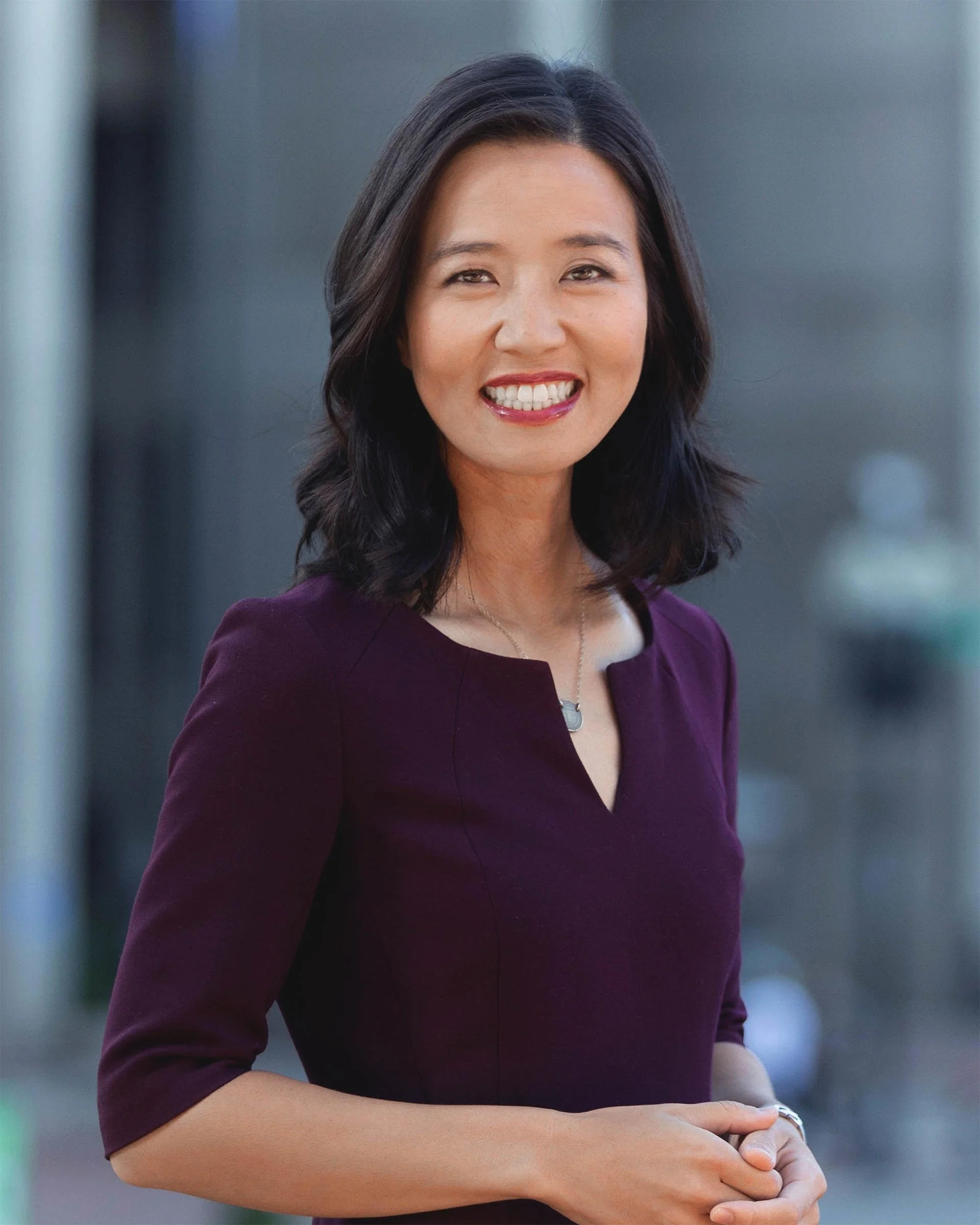
Populations
New England
Massachusetts
Boston
